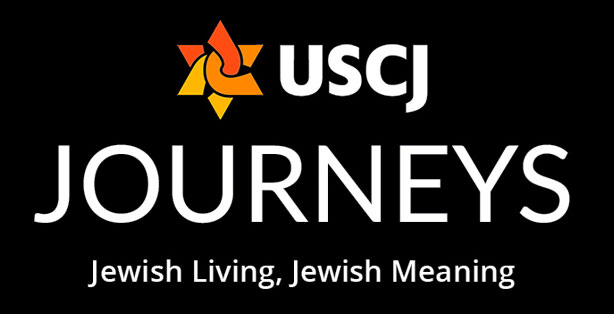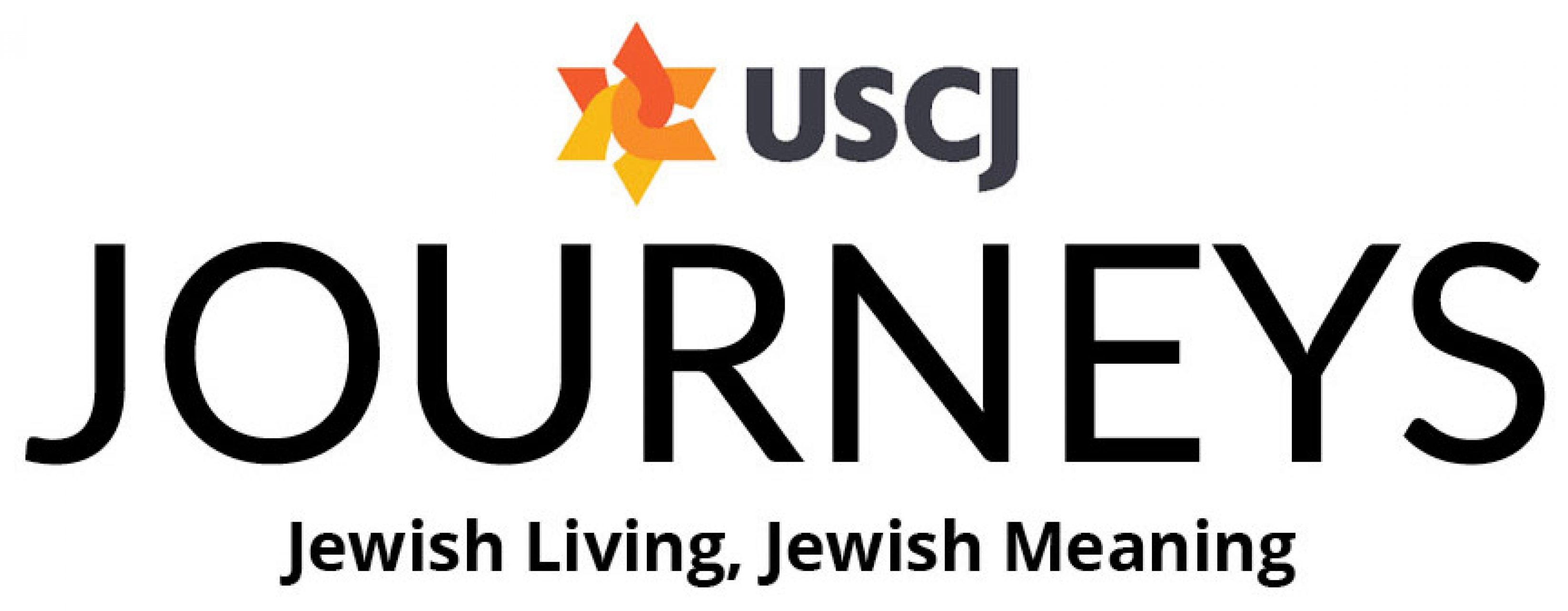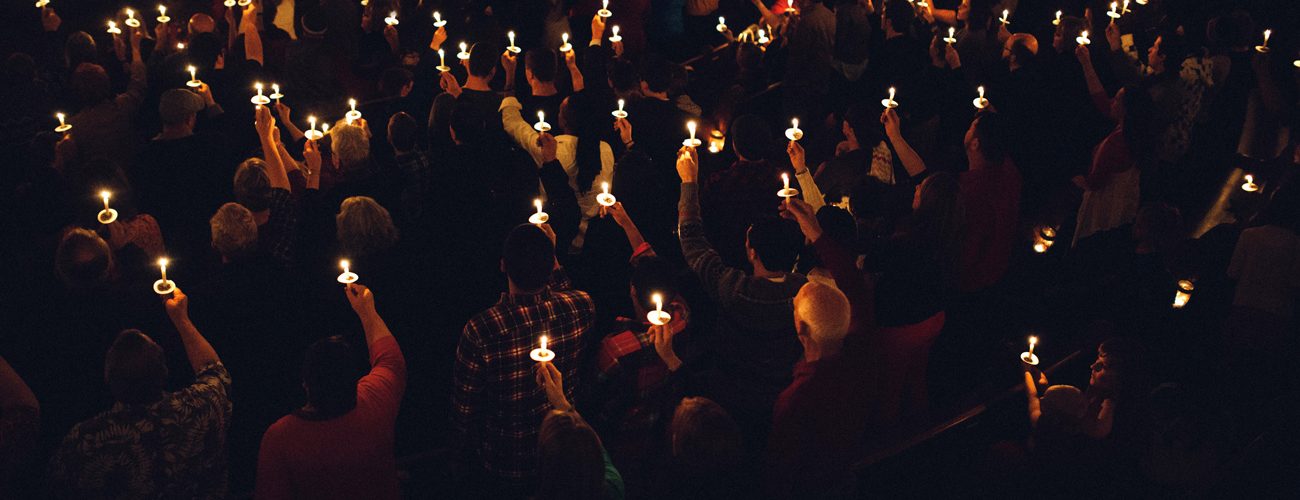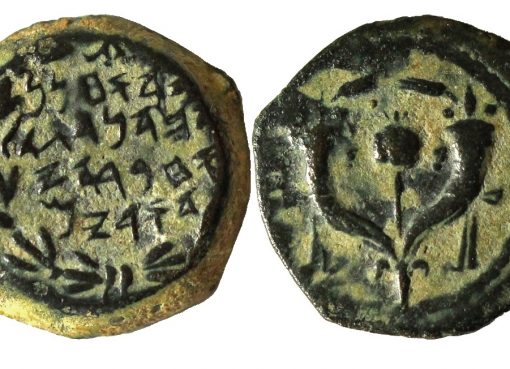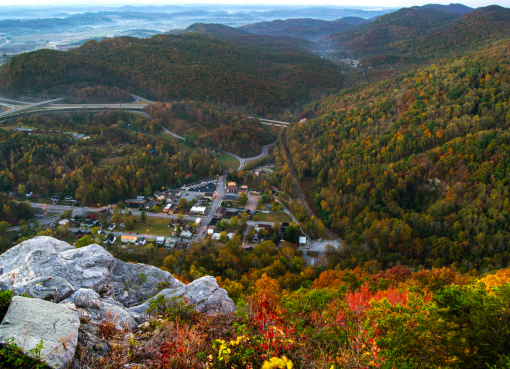To Honor Cecil and David
As seen in Jewish Journal, by Dr. Ron Wolfson
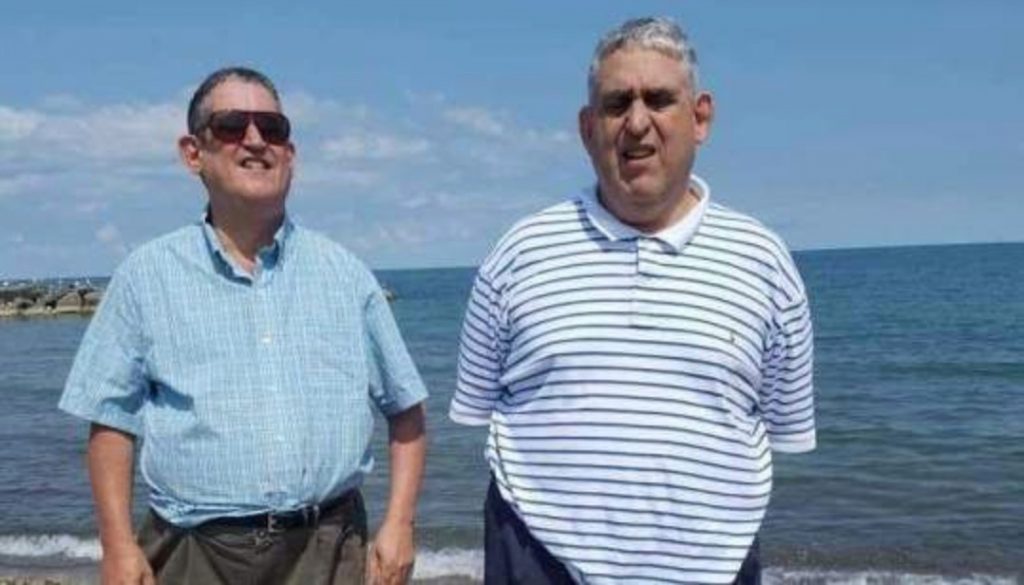
I never met Cecil and David Rosenthal, may their memories always be a blessing, but I knew them. I can see Cecil, described as a “gentle giant” by his family and many, many friends, standing at the front door of the Tree of Life sanctuary, greeting everyone who arrived there with a broad smile and a strong handshake. I can hear him offering every person who came through those doors a warm word of welcome—“Shabbat shalom!,” “Good morning!” His brother-in-law, Michael Hirt, said in his eulogy that Cecil could have been the mayor of Pittsburgh, if not for his developmental challenges, challenges he triumphantly overcame to be the most beloved person in the community.
His brother David, quieter by nature, was no less beloved, admired for his fastidiousness, taking care to hand out siddurim (prayer books) to those arriving and ensuring the tallitot (prayer shawls) were lovingly cared for. They were the “greeters,” the “ambassadors,” the m’kablei panim, the “face” of the sacred community.
How sadly ironic that these warm souls were murdered in cold blood by a stranger with anti-Semitism flowing through his veins on the very Shabbat when we read the Torah portion Vayeira. We learn the story of Abraham and Sarah’s tent, the classic text teaching us the deep Jewish value of hachnasat orchim, welcoming guests. Sitting in the heat of the day at the entrance of his tent, three strangers appear to Abraham. He runs to greet them—“My lords, if it please you, do not go past your servant.” Did Abraham know who these men were? In that split second of recognition, did Abraham wonder if there was malice in their hearts or were they just wanderers in search of a morsel of bread and a drink of water? It did not matter to Abraham. He ran to greet the strangers, as, undoubtedly, so did Cecil and David, who cared not whether those entering the synagogue were members or guests, rich or poor, gay or straight, Republican or Democrat. What they never imagined was that a stranger filled with hate for Jews would enter a welcoming sanctuary intent on massacre.
I am devastated by the loss of these two sweet men who were so deeply valued by a community who appreciated their greetings. And I am heartbroken that we will once again consider the awful necessity of “hardening the targets”—our synagogues, schools, centers, campuses and organizations. There will be those who assert that we must do this, no matter the cost both economically and spiritually, in order to protect our people against those who seek to do us harm. There will be others who will say that security guards with pistols would have no chance against a crazed assassin wielding an AR-15.
I wonder what Cecil and David would have us do. Somehow, I believe they would understand the need for security measures on the perimeter of the building, but they would teach the guards how to say “Shabbat Shalom” or “Shana Tova” to everyone, even as they search purses and tallit bags, as many of our wonderful security personnel already do. I know they would never want us to stop greeting each other. They would likely tell us how wonderful it would be if all of us knew each other like they did, for building a community of relationships begins by telling each other our stories, by knowing each other’s names, by being there for each other in good times…and bad.
Let us honor the memory of Cecil and David by practicing their art of hospitality and welcome each other with a smile, a handshake, and a warm embrace. As we join together to grieve and remember, let us resolve that “the Rosenthal boys” would want us to never allow hate to trump love.
Dr. Ron Wolfson is Fingerhut Professor of Education at American Jewish University and the co-author of Relational Judaism Handbook.
To view the original article, click here.
A Place Where Our Absence Is Noticed
As seen in eJewish Philanthropy, by Cheryl Moore
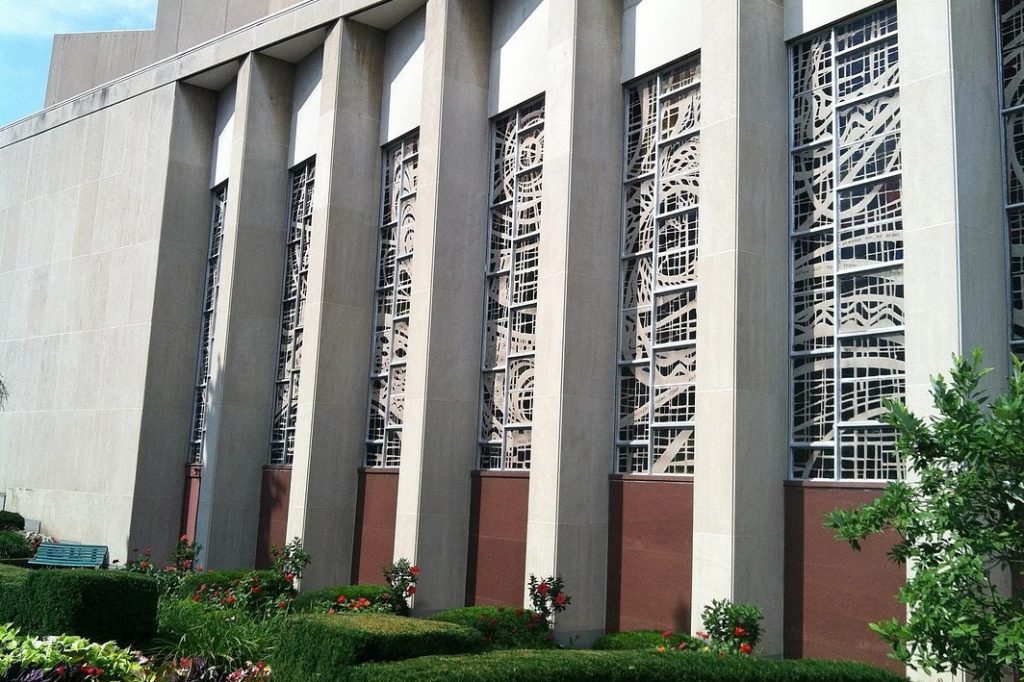
On a lazy Saturday morning, as I sat in my kitchen reading, a notification made me glance at my lap-top. It was a post on our Squirrel Hill neighborhood group page, asking if anyone knew what all the sirens were about. I too heard the sirens. Moments later, a friend in Israel called. He interrupted my greeting to exclaim, “Ugh! Thank God! It is so good to hear your voice!! Is everyone there safe?” While asking him what he was talking about, I turned on CNN. There it was. Breaking news. Red banner. An active shooter at Tree of Life synagogue, a few short blocks from my home, and part of my enclave of more than half a century of Jewish life. Dread filled me. It was Shabbat. Three congregations meet at Tree of Life. Shaking and pacing, I followed the soon to arrive directive to shelter in place, and prayed that it would turn out to be “nothing.”
It wasn’t nothing. It was everything. It was deadly. It was what seasoned law enforcement officers, who had been on the site of plane crashes, called the most horrific crime scene they had ever seen. Though I am not a member of any of the congregations that call TOL home, I have been there countless times to celebrate the life cycle events of my friends and relatives, and the friends of my children. I walk by the building daily, and have been to numerous meetings and community events there. In the Pittsburgh Jewish community, specifically in Squirrel Hill, each cell has walls that are thin and permeable, and is characterized not by distinctness, but by its role in the entire organism that is our community.
As the day wore on, and the wait to learn the names of the dead and injured became barely tolerable, I allowed myself to think of who must have been at services that morning. Cecil, of course. Cecil, six years older than me, developmentally disabled, larger than life, was an integral part of my mental image of Tree of Life. He was there when I was a kid and he was there now. Cecil arranging tallitot in the foyer, walking up and down the aisles, lumbering across the rows of seats in the sanctuary, to greet someone, or hand someone a book. Cecil, waiting for his bus in front of the shul, bellowing a “hello” to me as I walked by with my dogs, who he would also greet and tentatively pet, before telling me that he was afraid of them. Cecil and his brother, David, were indeed killed, murdered in what was to them a home, in what was a place where they were important and appreciated, where they knew everyone and where their absence would be noticed. Cecil and David, murdered because they were in the wrong place at the wrong time, at a synagogue on Shabbat, though it was the rightest place they had ever known. I pray that they had no time to be afraid or confused, or to understand the hate, in the place that had always provided them assurance and love.
To me, what happened to Cecil tragically represents what happened to our community on October 27, 2018. Squirrel Hill is home. It is our little bubble of sights, sounds, tastes, smells, of memories, habits, rituals, comfort. The routes we always take. The stops we always make. The people we always greet. The way it all fits together. Somehow, our lives became the object of murderous rage and hate. We were just doing what we do on a rainy fall Shabbat and were suddenly felled by a lunatic on a mission to destroy what he saw as an evil force.
What happened here is about hate. It is about something new and something old and tenacious. It is about the eleven innocent souls who were murdered as they gathered to worship and express gratitude for living to celebrate another Shabbat of peace. Only they didn’t. It is about the wounded, some critically. It is about the breath-taking bravery of first-responders, whose selflessness fills me with awe and the uncomfortable concern that I might not be as noble.
Let us not allow hate, demonization and desensitization to the humanity in all of us to create distance and barriers between us. Let’s stand as a united community, as a worldwide Squirrel Hill. We are all created in God’s image and, like Cecil, take pleasure and comfort in connection, feeling needed, important and loved, and having a place to be. May God console you among the other mourners of Zion and Jerusalem.
Cheryl Moore, B.A., M.B.A., B.S.N. is a Women’s Health nurse, living in Pittsburgh, PA.
To view the original article, click here.
